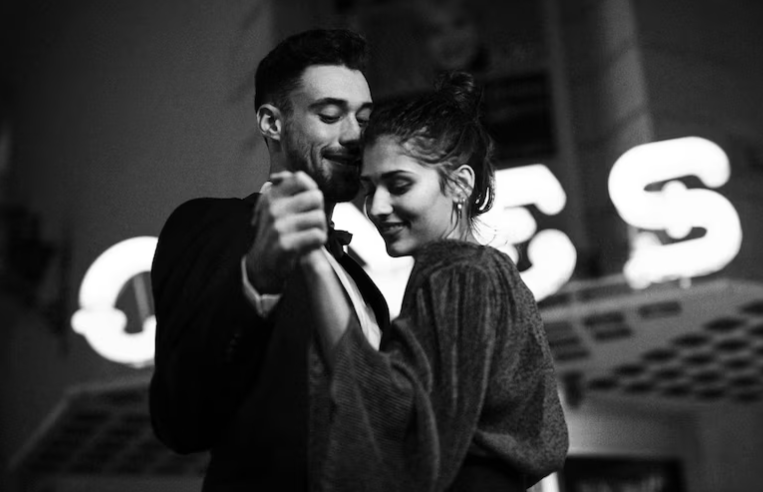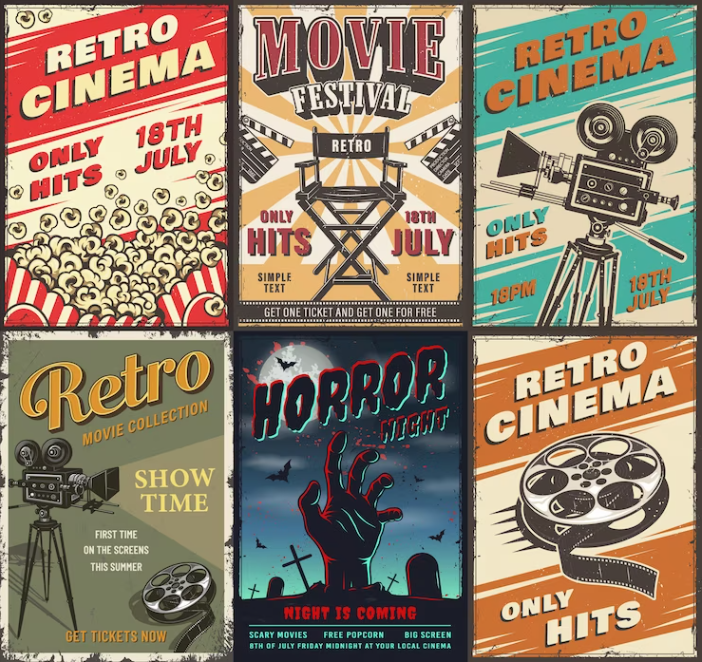Jazz has been a staple of cinema since the early days of the art form. From the classic noir films of the 1940s and 1950s to the more modern films of today, jazz continues to play a major role in films. In this article, we explore the history of jazz in cinema, its influence on cinema, and its continuing relevance in modern cinema.

History of Jazz in Movies
Jazz music made its debut in the movies during the silent film era. With the advent of sound in the late 1920s, jazz music became even more prevalent in movies.
Jazz music was the perfect accompaniment to the dark, moody, and suspenseful films of the film noir genre. Jazz scores by composers such as Bernard Herrmann, Duke Ellington, and Max Steiner set the tone for these films and helped to create the iconic atmosphere of film noir.
Impact of Jazz on Film
Jazz scores have become an essential part of many film genres, including dramas, romantic comedies, and action films. The use of jazz in movies has also helped to increase the popularity of the genre itself.
Jazz music has also had a profound effect on the way we watch movies. The use of jazz scores and soundtracks has heightened the emotional impact of films and added depth to characters and scenes.
Relevance of Jazz in Modern-Day Films
Modern-day filmmakers have also continued to use jazz music to create memorable moments in cinema. The opening credits sequence of the Marvel film “Spider-Man: Into the Spider-Verse” features a jazz-infused soundtrack that sets the tone for the entire film.
Conclusion
In conclusion, jazz music has played a vital role in the history of movies. From the golden age of jazz in the 1940s and 1950s to modern-day films today, jazz music remains an essential part of cinema.
